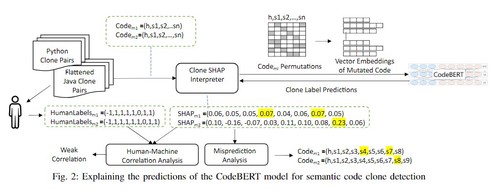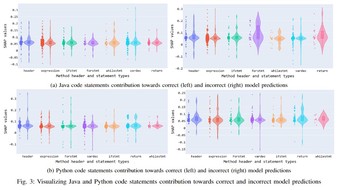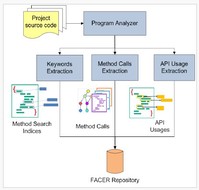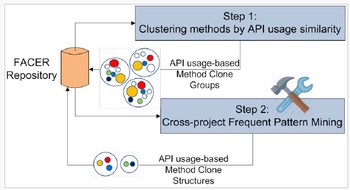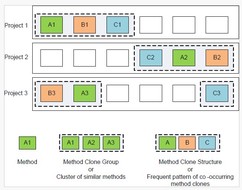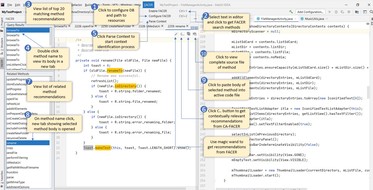Biography
Hello and welcome to my profile page. Please feel free to get in touch for research inquiries.
I currently do research in collaboration with LUMS and SMU on topics broadly related to AI for Software Engineering. I worked as an Assistant Professor at the National University of Computer and Emerging Sciences, FAST in Pakistan from 2024 to 2025. My current research interests are evaluating “code generation quality of LLMs”, using “LLMs for requirements validation”, and “Interpretability of AI Models”. This research builds on my recent Post-Doctoral experience as a Research Scientist at the Research for Intelligent Software Engineering (RISE) laboratory at Singapore Management University (SMU), ranked second globally for software engineering research. My work at SMU involved evaluating human-model alignment for deep-learning-based AI systems, with a particular focus on causal explainability. As part of the Science of Certified AI systems project, funded by the Ministry of Education, I worked with my supervisor Prof. Lingxiao Jiang, to develop methodologies to evaluate the trustworthiness of AI models for code-relevant tasks.
I obtained my PhD degree in Computer Science from the Lahore University of Management Sciences (LUMS), Pakistan in 2021. My Ph.D. was supervised by Prof. Dr. Shafay Shamail and my PhD committee members included Dr. Hamid Abdul Basit, Dr. Basit Shafique, and Dr. Naveed Arshad. My Ph.D. thesis is titled “Feature-driven API usage-based Code Example Recommendation for Opportunistic Reuse”.
Interests
- Generative AI for Code Reuse - Safety and Performance
- Code Models Trustworthiness Evaluation
- Semantic Code Clones Benchmarking
- Explainable AI (XAI)
- Code Recommendation and Reuse
- Mining Software Repositories
- Empirical Studies
- Design Patterns
- Algorithms
Education
-
Ph.D. in Computer Science, 2021
Lahore University of Management Sciences
-
MS in Computer Science, 2013
Lahore University of Management Sciences
-
BS in Computer Science, 2004
Lahore College for Women University



